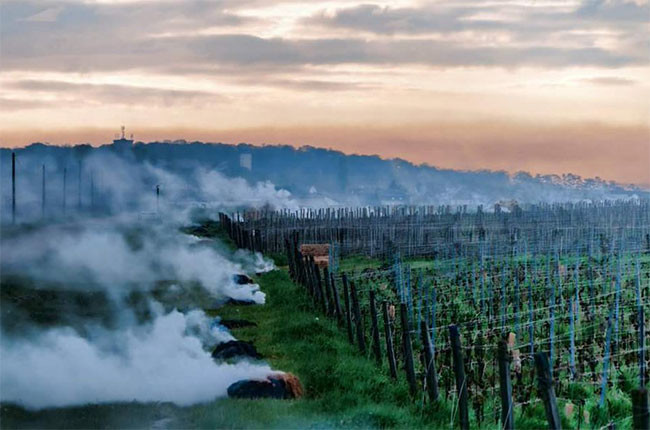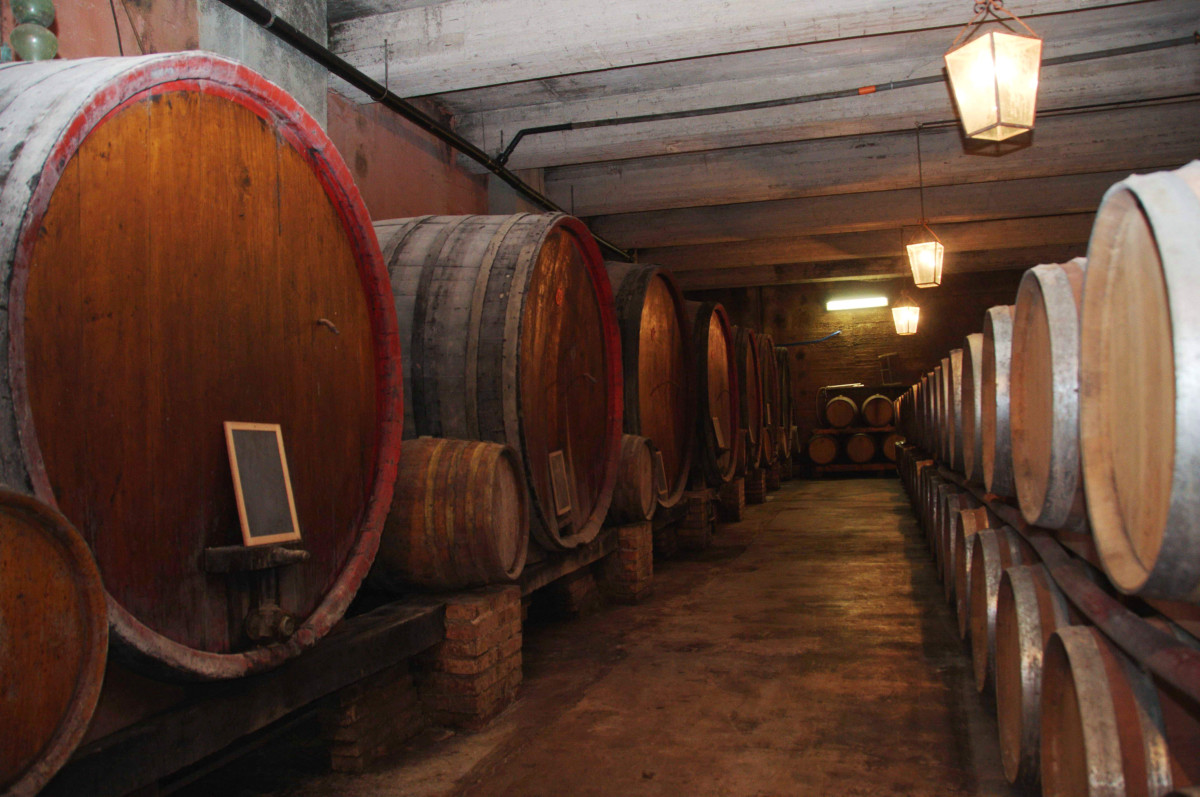William McMurray, Inverness, Scotland asks: Is it possible to discern that a wine has been aged in amphora when blind tasting? What kind of character would it give a wine in the glass?
Simon Woolf, an expert in natural wines and author of Amber Revolution, replies: This is an important question, as the use of amphorae for fermentation and ageing is spreading beyond their heartlands in Georgia or Italy to every corner of the globe.
The simple answer is no – it should not be possible to detect, blind, that a wine has been aged in amphora. The neutrality of clay as a storage medium is one of its prime attractions, compared to oak which often imparts flavour as well as promoting gentle oxidative ageing.
Tasters sometimes remark on earthy or earthenware-like notes in wines produced in amphora, but most experts agree that this only happens with dirty vessels. A perfectly cleaned and well maintained amphora, or qvevri, should not impart any flavour.
That said, the character of amphora-aged and/or fermented wines tends to show less oxidation than comparable ageing in wood, and less reduction than wines aged only in stainless steel. It’s possible that a very astute taster could hone in on these characteristics and make an educated guess.
This question first appeared in the April 2019 issue of Decanter magazine.
Translated by Leo / 孔祥鑫
All rights reserved by Future plc. No part of this publication may be reproduced, distributed or transmitted in any form or by any means without the prior written permission of Decanter.
Only Official Media Partners (see About us) of DecanterChina.com may republish part of the content from the site without prior permission under strict Terms & Conditions. Contact china@decanter.com to learn about how to become an Official Media Partner of DecanterChina.com.








Comments
Submit